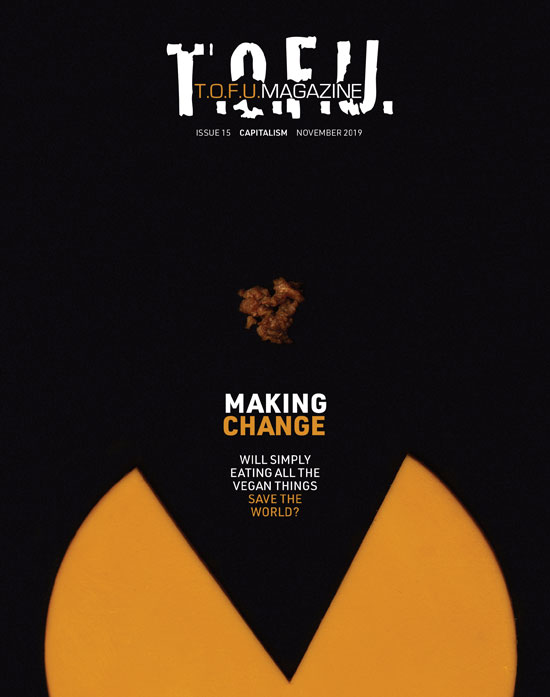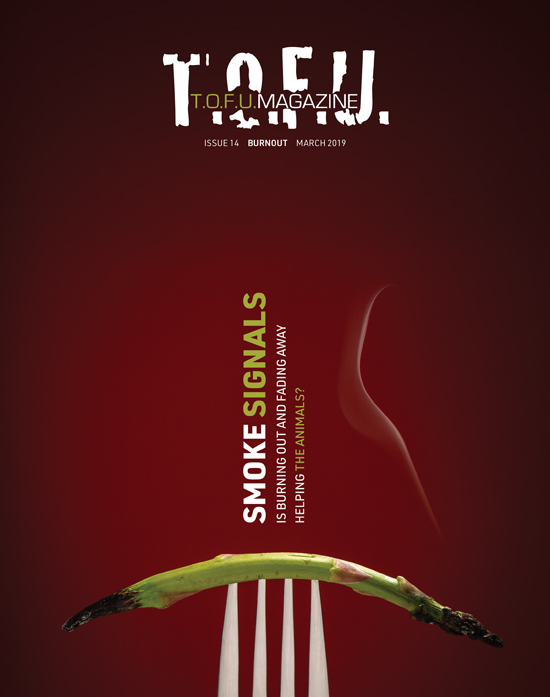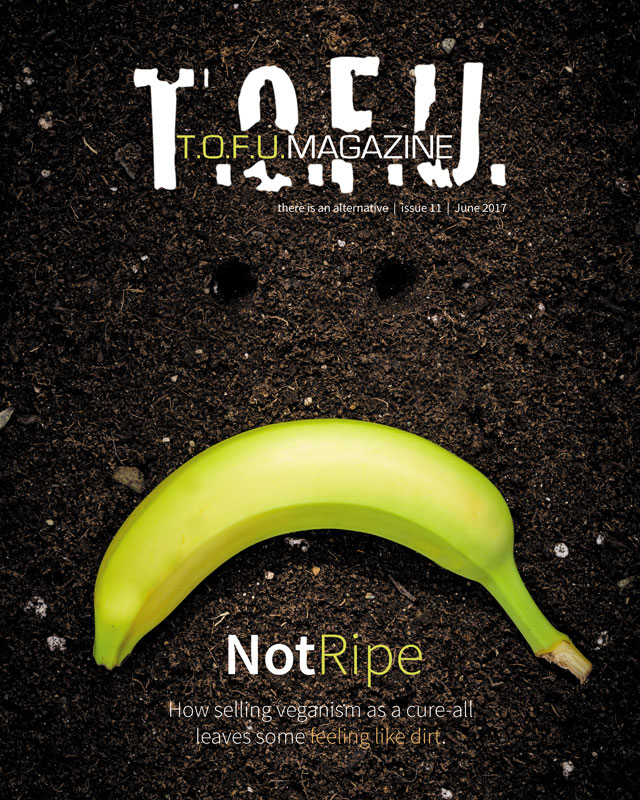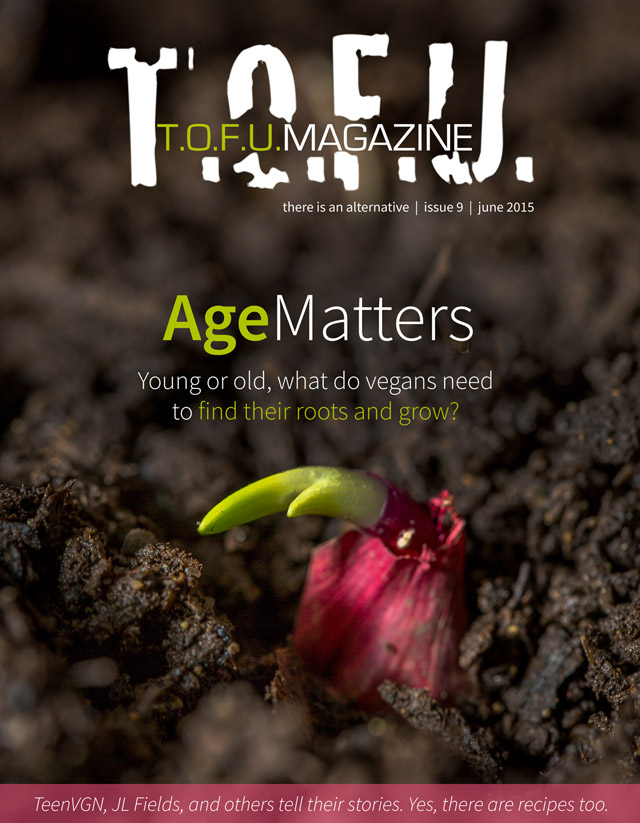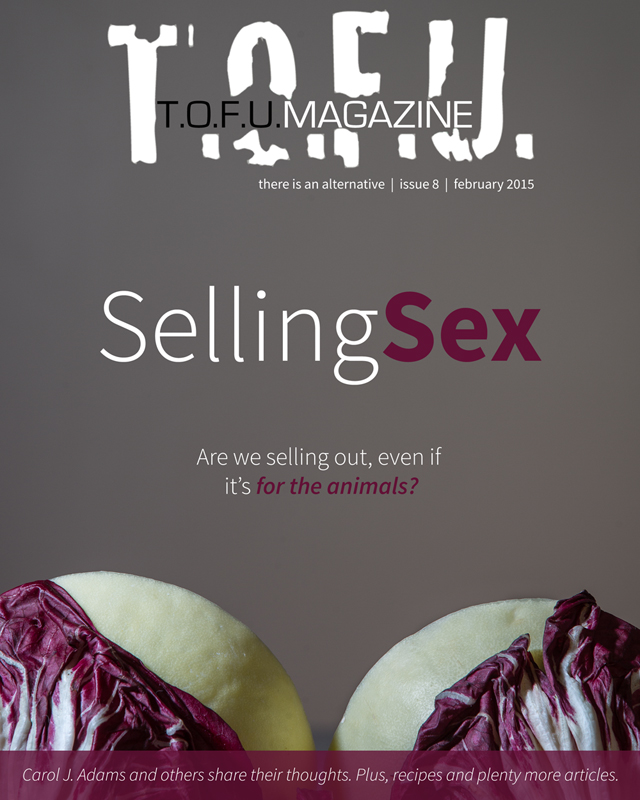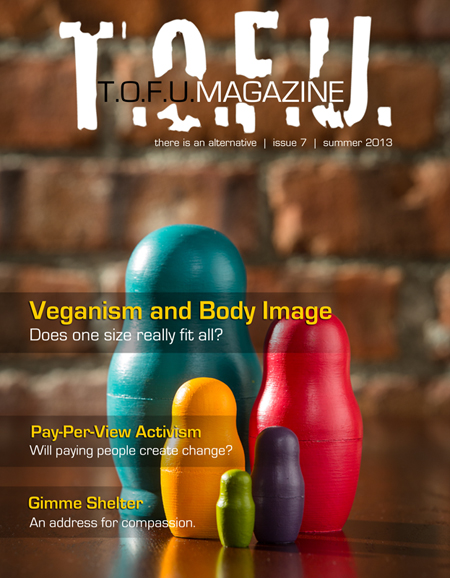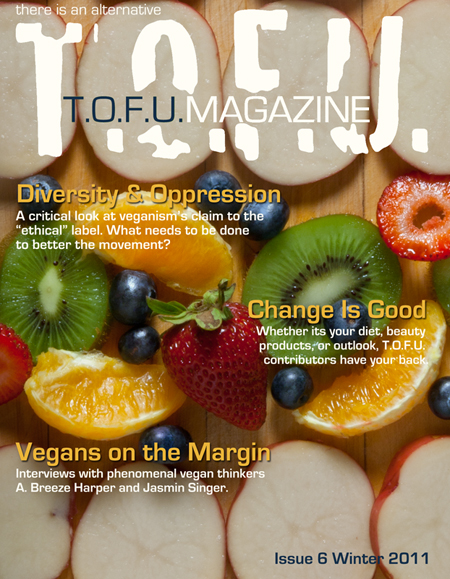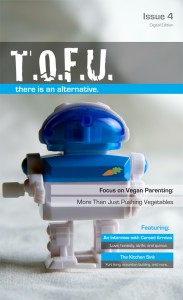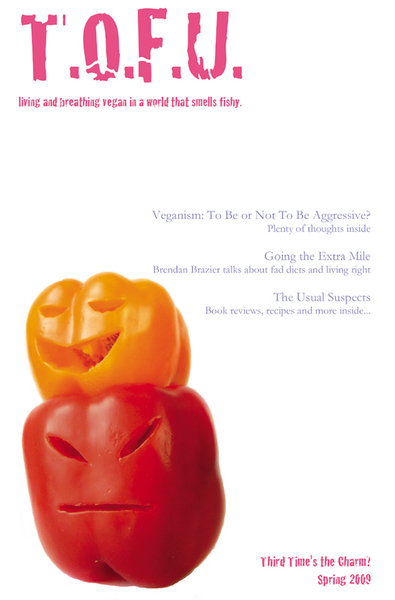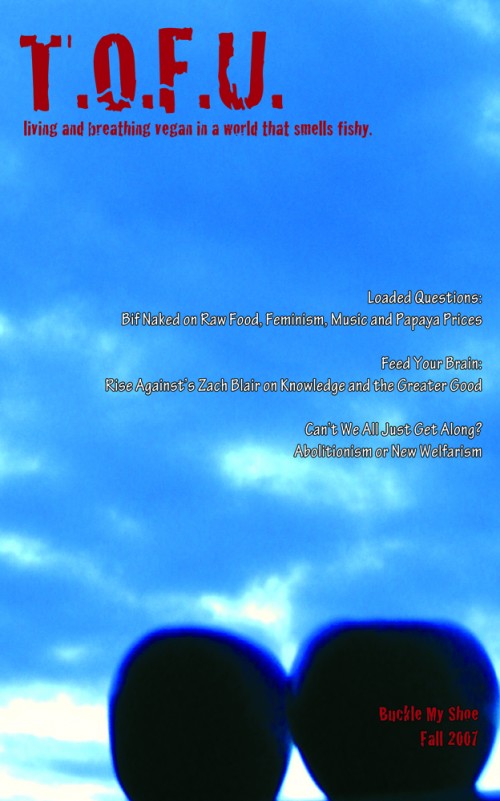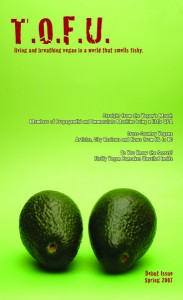“We may be slow, but we’re not stupid.” Right?
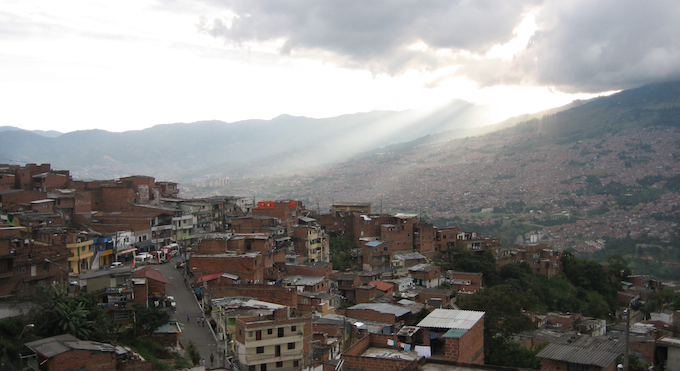
“When you are surrounded by something so big that requires you to change everything about the way you think and see the world, then denial is the natural response. But the longer we wait, the bigger the response required.â€
– Paul Gilding, The Great Disruption
Luckily, Gilding seems to hold faith in the possibility of the world responding. According to a recent article in the New York Times, he is an eco-optimist who believes “we will change at a scale and speed we can barely imagine today, completely transforming our economy, including our energy and transport industries, in just a few short decades.†Convinced that his expectation is realistic, Gilding simply argues:
“We either allow collapse to overtake us or develop a new sustainable economic model. We will choose the latter. We may be slow, but we’re not stupid.â€
Personally, I tend to reside in Gilding’s camp. The accusation of our species being slow to change is one I will not argue. We’ve had plenty of time to improve our ways, as individuals and as a species, but that time has been wasted by the majority. Of course, whether or not you choose to see this as a sign of the species as a whole being stupid is up to you, but I’m holding out a little more towards a general ignorance.
The bigger question to me though is whether or not you have to have at least a small bit of optimism left in your heart to continue fighting for the world, even when it seems you’re fighting against it. Is it possible to continue pushing for change when you start to believe it isn’t going to come?

